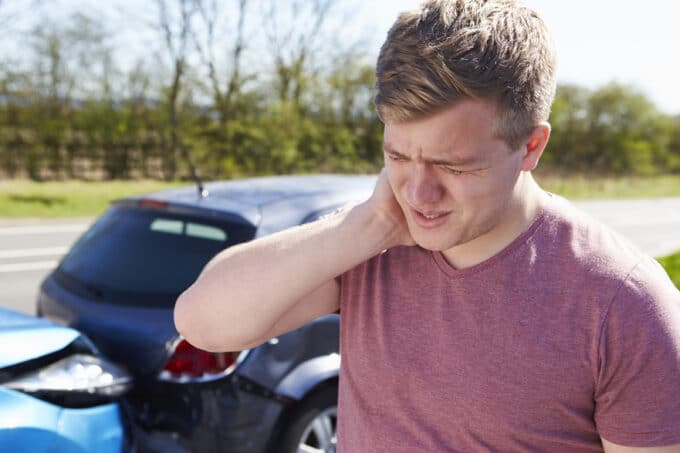We have all been told that getting enough good quality sleep is essential for health and wellbeing. But how much sleep should one get? And what are the consequences of falling short on enough shut eye?
Recommended Sleep by Age Group
- Newborn: 14-17 hours
- 12 months: 10 hours/night plus 4 hours of napping/day
- 2 years: 11-12 hours/night plus 1-2 hours of napping/day
- 3-5 years: 10-13 hours
- 6-13 years: 9-11 hours
- 14-17 years: 8-10 hours
- Adult: 7-9 hours
Of course, there are a few unavoidable things that may affect how much sleep you get. Here are a few to consider:
- Pregnancy: Changes in the body physically and hormonally during early pregnancy can increase the need for sleep.
- Aging: Older and younger adults need around the same amount of sleep. As we age, sleeping patterns may change and the elderly may sleep more lightly and for shorter bursts of time than their younger counterparts.
- Sleep deprivation: There is such a thing as sleep debt: the longer you go without, the more sleep you’ll have to catch up on.
- Sleep quality: Quality is just as crucial as quantity.
Sleep Deprivation
The Center for Disease Control and Prevention reports that around one-third of adults get less than seven hours of sleep a night and approximately two-thirds of teens are sleeping less than 8 hours on a school night. Chronic sleep deprivation can lead to an increased risk of physical and mental illness and plays a dominant role in motor vehicle accidents. Please don’t drive if you’re overly tired!
Sleep and Pain
There is a link between sleep and pain. Sleep disturbances can increase the risk of new-onset chronic pain for pain-free folks and can make existing pain worse for those with headaches and chronic body pain. Good quality sleep can decrease existing pain and even keep new pain from emerging.
Sleep and Exercise
Scientists also agree that sleep and physical activity are closely related. Lack of sleep leads to increased levels of fatigue throughout the day, which makes exercise less likely. Regular exercise improves cardiovascular fitness and improve sleep issues like insomnia and sleep apnea. Sleeping better can help your body regulate temperature, heart rate, metabolism, hormonal balance, hypertension, and diabetes.
Summary
Let’s review how important sleep is and the relationship between sleep, pain, and physical activity:
- Sleep deprivation may lead to car accidents if you drive overly tired.
- Inadequate sleep can cause new pain and make chronic pain worse.
- Chronic sleep deprivation can decrease both physical and mental health.
- You’re less likely to exercise if you’re sleepy. Sleep well and exercise more!
- Exercise helps you sleep better, decreases fatigue, and improves general health.
Get good quality sleep and stay active! Sweet dreams and thanks for reading.




